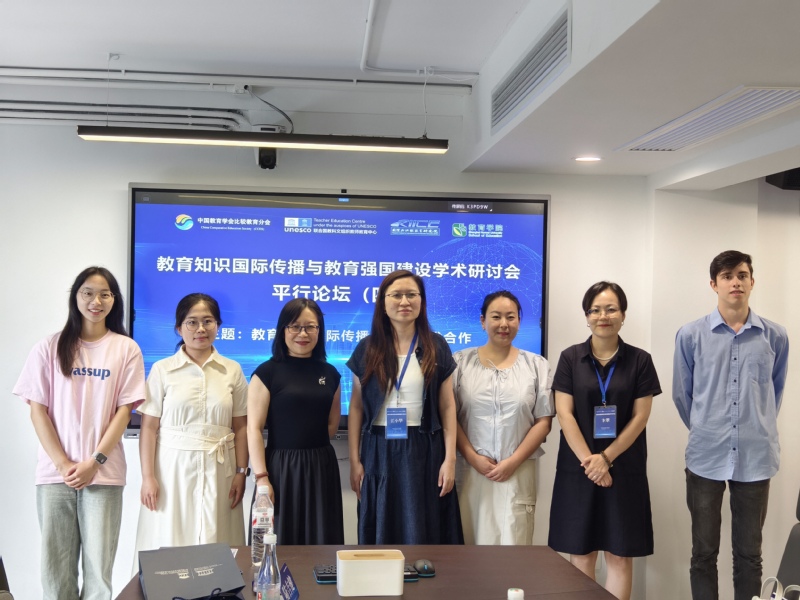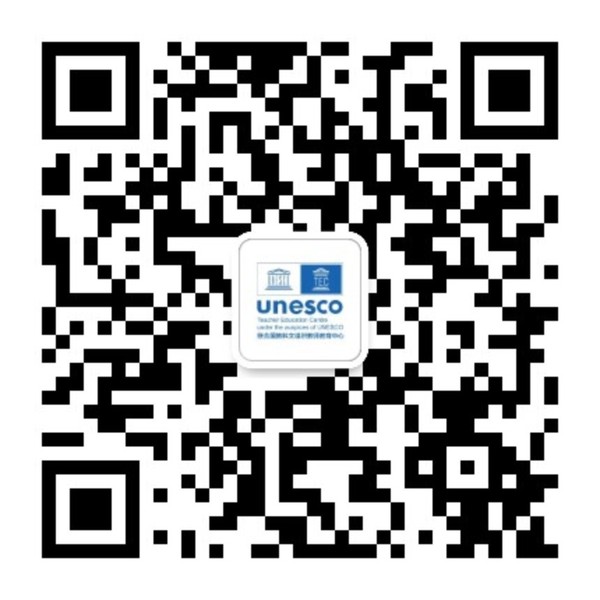Four parallel forums were held on the afternoon of June 21 as part of this seminar.
Parallel Forum (I): Basic Theories and Methodological Innovation in the International Dissemination of Educational Knowledge
This forum featured speeches by Professor Cui Qien from Wenzhou University and Associate Professor Zhang Huanhuan from Beijing Language and Culture University, with Professor Kong Lingshuai from Shanghai Normal University (SHNU) serving as the discussant. The forum also drew the participation of Professor Zhang Minxuan from SHNU, Professor Peng Zhengmei from East China Normal University (ECNU), Professor Wu Xueping from Zhejiang University, and Professor Li Yanping from Shaanxi Normal University.
Professor Cui Qien from Wenzhou University shared his book Semiotic Theory of Learning: A New Perspective in Educational Philosophy. Through theoretical research and empirical application, the book attempts to avoid the problematic tendency of dualism between theory and practice in semiotics, covering topics such as signs, meaning and sign activities; the ontology of learning; the boundaries of learning; ecological semiotics; and ecology and gender. Associate Professor Zhang Huanhuan from Beijing Language and Culture University introduced the application of the QCA method in international Chinese language education. She elaborated on the core, application process, and advantages of QCA in international Chinese language education research, as well as its specific application scenarios in this field. In the subsequent discussion, Professors Peng Zhengmei, Wu Xueping, Li Yanping, Zhang Minxuan, and Kong Lingshuai engaged in lively exchanges on the research topics of the two scholars, commending their persistence and dedication in their respective fields.
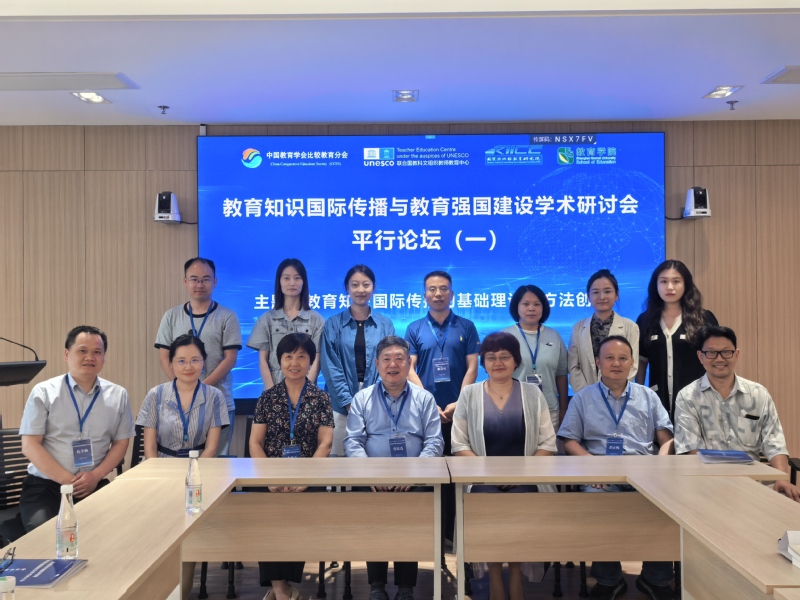
Parallel Forum (II): International Dissemination of Educational Knowledge and Global Education Governance
Chaired by Associate Professor Deng Li from ECNU, with Associate Professor Zhang Huafeng from SHNU as the discussant, this forum also included the participation of Professor Teng Jun, Vice Dean of the Faculty of Education at Beijing Normal University; Professor Zhang Minxuan, Director of the UNESCO Teacher Education Centre; Professor Xu Hui from the Faculty of Education at Southwest University; and Professor Hu Guoyong, Dean of the Institute of International and Comparative Education at SHNU.
Associate Professor Deng Li from ECNU shared her research on U.S. Think Tanks’ Perception of and Responses to China’s Educational Development in the Context of China-U.S. Competition, revealing how U.S. think tanks construct China’s international educational image, sorting out their policy recommendations for U.S. educational reform, and providing practical references for enhancing China’s international communication power in education and responding to international competition. Dr. Ding Ruoxi from SHNU delivered a speech titled Coexistence and Targeting: How Does China Share Educational Knowledge with the Global South? exploring the sharing of China’s educational knowledge from the perspective of development communication. Addressing this issue, she proposed one goal and two pillars for building a Chinese model of educational knowledge sharing. The goal is to empower the independent development of Global South countries, achieving condition-free, joint consultation, co-construction, and shared benefits, so that these countries can possess the ability to choose their own development paths. The two pillars are connecting Chinese educational knowledge with specific national or social contexts, and linking it with specific individuals. Associate Professor Sun Zhiyuan from Zhejiang Normal University, speaking on From ‘Chinese Stories’ to ‘Chinese Knowledge’: Local Production and International Sharing of Knowledge on China’s Educational Development, expounded on the connotation and significance of Chinese stories and Chinese knowledge, and offered in-depth insights into the definition, local production, and international sharing of knowledge on China’s educational development. Postdoctoral Fellow Lu He from Zhejiang University shared her research Institutional Tensions Between National Security and Open Science from the Perspective of Risk Society Theory – A Comparative Study Based on Sino-U.S. Science and Technology Policies. From the perspective of risk society theory, she analyzed Sino-U.S. science and technology policy texts from 2016 to 2025, revealing the deep-seated contradiction between the globalization of knowledge production and the localization of risk management. Wu Xiang from Hainan Normal University delivered a speech titled Research on the Optimization Path of the ‘Mentorship’ Training Model for Primary and Secondary School Teachers from an International Comparative Perspective, summarizing the existing problems in China’s teacher mentorship system based on field investigations and interview data. During the presentations, Associate Professor Zhang Huafeng and Professor Teng Jun provided insightful comments and shared their perspectives on the speeches.
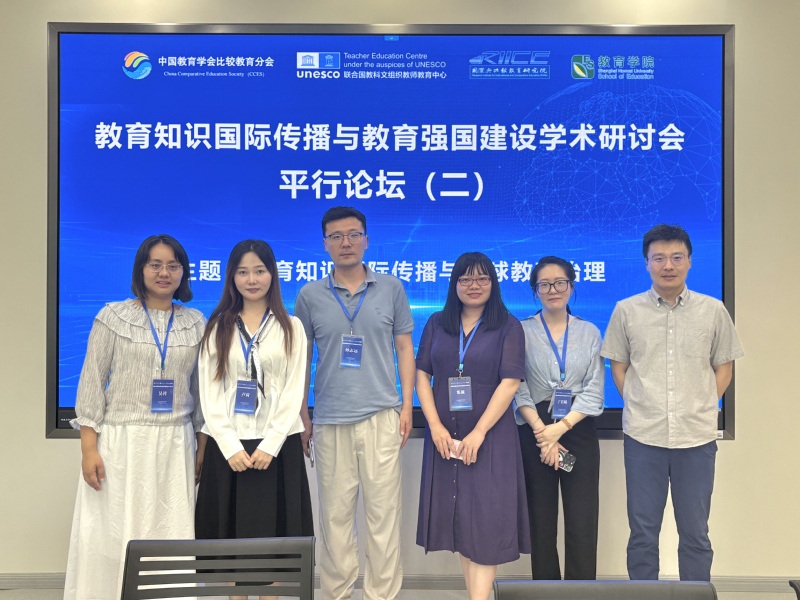
Parallel Forum (III): International Dissemination of Educational Knowledge and Global Talent Cultivation
Moderated by Associate Professor Fu Yuhong from Changchun Normal University, with Professor Xu Jinjie from SHNU as the discussant.
Associate Professor Ma Yuan from Lishui University spoke on Research on Knowledge Innovation in U.S. Research Universities During World War II, systematically elaborating on the knowledge innovation mechanisms of U.S. research universities during that period. Associate Professor Liu Lifang from Wuhan Institute of Technology delivered a speech titled Research on the Educational Communication Path of Intangible Cultural Heritage Silk Embroidery Costume Culture Resources Under RCEP, focusing on the educational communication paths of intangible cultural heritage silk embroidery costume culture within the RCEP framework. Teacher Peng Xin from Tsinghua University High School presented a case study titled Talent Cultivation Paths Integrating Cross-Cultural Communication and Interdisciplinary Teaching, exploring the integration of cross-cultural communication and interdisciplinary teaching through the example of Chang’e Flying to the Moon and the Mid-Autumn Festival from the Grade 9 textbook published by People’s Education Press. Teacher Sun Ruijin from Liqiao Central Primary School in Shunyi District, Beijing, spoke on The Belt and Road Initiative and ‘Fly with You’, detailing the The Belt and Road Initiative and ‘Fly with You’ airport English practice course at Liqiao Central Primary School. In the discussion session, Professor Xu Jinjie from SHNU commented on the four speakers, suggesting that more attention could be paid to areas such as quantitative evaluation of intangible cultural heritage education under the RCEP framework, the connection mechanism between cross-cultural cultivation in basic education and higher education, and the innovative application of digital tools in cultural communication.
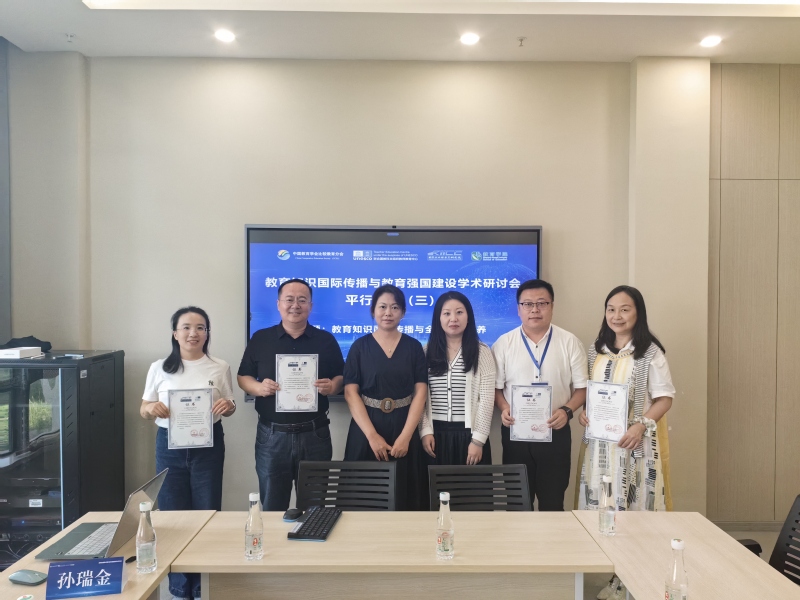
Parallel Forum (IV): International Dissemination of Educational Knowledge and International Academic Cooperation
Co-chaired by Dr. Yang Aiyi from Hebei University and Associate Professor Jiang Xiaohua from Shanghai International Studies University, with Associate Professor Bian Cui from SHNU as the discussant.
Dr. Yang Aiyi explored the reasons behind the global influence of the Bologna Process from the perspective of normative power. Associate Professor Jiang Xiaohua analyzed SSCI/A&HCI-indexed papers from 2013 to 2023, examining the characteristics of research on Chinese higher education from the perspective of non-Chinese international scholars. Associate Professor Li Mingxin from Henan Polytechnic University, taking Confucius Institutes in Sri Lanka as an example, expounded on the ecological education concept system of Confucianism under the Belt and Road Initiative. Associate Professor Lu Jijian from Hangzhou Normal University compared the interdisciplinary content of mathematics textbooks in China and African countries from a STEM perspective. Teacher Cheng Lili from Shanghai Institute of Technology discussed strategies for enhancing students’ cultural identity and sense of belonging in Sino-foreign cooperative education under a multicultural background, focusing on practical dilemmas and core strategies. Associate Professor Bian Cui provided insightful comments on all the presentations.
